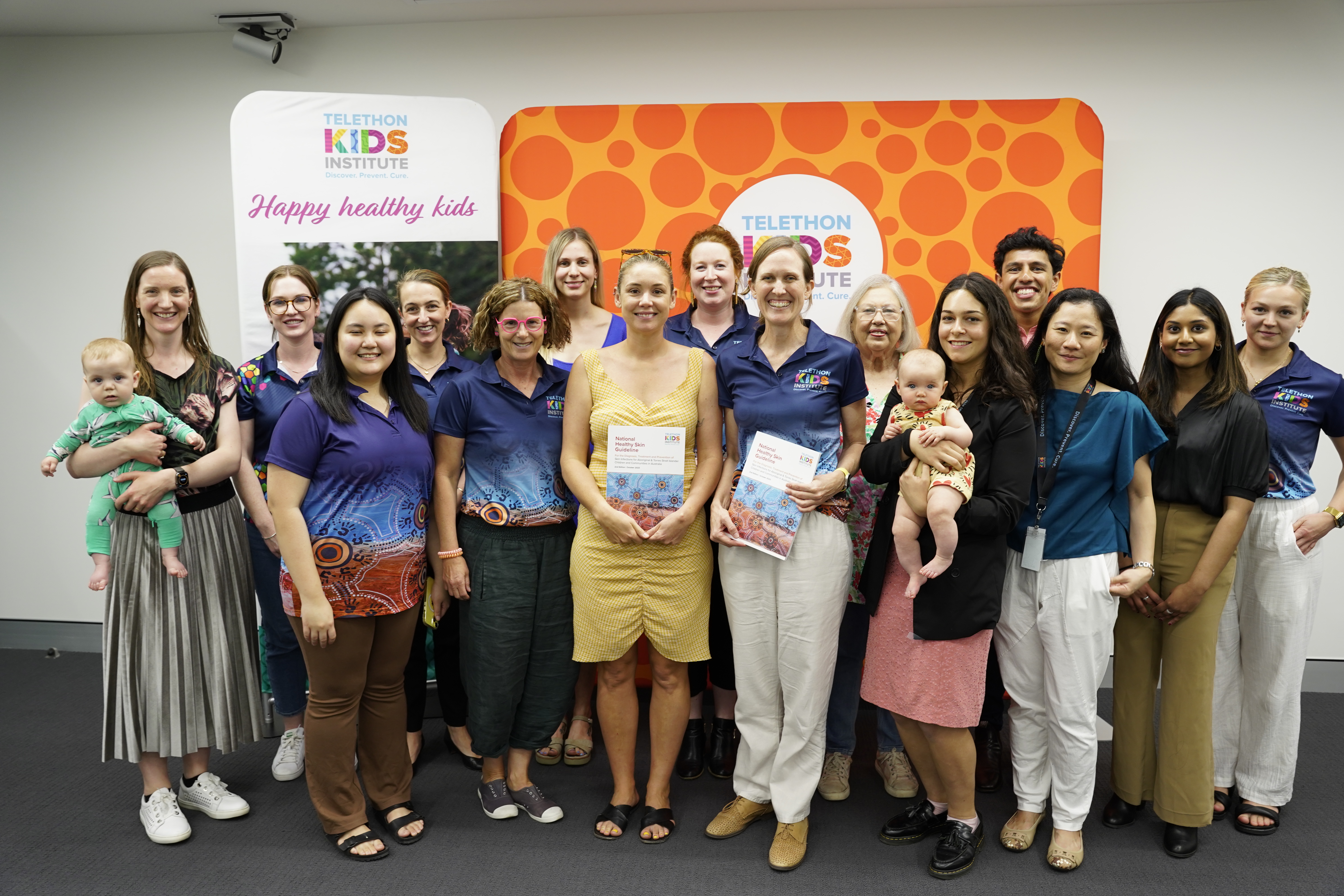Search
Research
Key steps in our journey to a COVID-19 vaccine programProviding a safe and effective coronavirus disease 2019 (COVID‐19) vaccination program is required to mitigate against the current and future negative impacts on the health and wellbeing of all Australians from COVID‐19. An effective vaccination program is a key element required to facilitate economic recovery, safe movement throughout and beyond Australia and a return to the quality of life previously experienced.
Research
Barriers to influenza vaccination of children hospitalised for acute respiratory illness: A cross-sectional surveyTo identify barriers to influenza vaccination of children hospitalised for acute respiratory illness in Australia. A total of 595 parents of children hospitalised with acute respiratory illness across five tertiary hospitals in 2019 participated in an online survey. Multivariate logistic regression identified factors most strongly associated with influenza vaccination barriers.
Research
Modes of transmission and attack rates of group A Streptococcal infection: a protocol for a systematic review and meta-analysisSummarising the current knowledge of Strep A transmission to humans will address gaps in the evidence and inform prevention and control strategies. The objective of this study is to evaluate the modes of transmission and attack rates of group A streptococcal infection in human populations.
Research
Safety of live attenuated herpes zoster vaccine in Australian adults 70-79 years of age: An observational study using active surveillanceTo assess the safety of live attenuated herpes zoster vaccine live (ZVL) through cumulative analysis of near real-time, participant-based active surveillance from Australia's AusVaxSafety system. ZVL was funded in Australia for adults aged 70 years from November 2016, with a time-limited catch up programme for those up to 79 years. This cohort study monitored safety in the first two programme years through active surveillance at 246 sentinel surveillance immunisation sites.
Research
Case Report: Neonatal Varicella Acquired From Maternal ZosterThe incidence of neonatal varicella has decreased dramatically since the introduction of the varicella vaccination. Although the varicella zoster virus is often associated with a mild infection, it may cause severe morbidity and mortality, particularly in the neonatal period and immunocompromised hosts. We report a case of neonatal varicella acquired from maternal zoster in a mother on biological immunosuppressive therapy.
Latest news & events at the Wesfarmers Centre of Vaccines & Infectious Diseases.

News & Events
Study finds high RSV awareness with parents open to future immunisationA The Kids Research Institute Australia study designed to gauge community awareness of respiratory syncytial virus (RSV) has found parents and parents-to-be are highly aware of the virus and are open to immunisation to tackle it.

News & Events
New healthy skin guide for health sector to identify and treat skin issuesA new National Healthy Skin Guideline has been launched by The Kids Research Institute Australia, to help health care providers identify, diagnose and treat a range of skin conditions experienced by Aboriginal and Torres Strait Islander people in urban and remote areas.

News & Events
Study confirms maternal whooping cough vaccine protects babies at critical ageA The Kids Research Institute Australia and Curtin University-led study has found the maternal whooping cough vaccine given to pregnant mothers in the second or third trimester significantly reduced babies’ risk of infection, protecting them at their most vulnerable age.

